Putin urges “drastic upgrade” of Russia's military
Russian President Vladimir Putin has called for a "drastic upgrade" to Russia's armed forces within the next five years to counter a series of external threats.
Friday, 01.03.2013.
13:36

MOSCOW Russian President Vladimir Putin has called for a "drastic upgrade" to Russia's armed forces within the next five years to counter a series of external threats. Analysts interpret it as a means of enforcing an increasingly conservative and isolationist brand of national unity. Putin urges “drastic upgrade” of Russia's military In a speech to Russia's top military brass, Putin urged them to make a "drastic upgrade" to Russia's armed forces within the next five years to counter a series of emerging external threats and what he described as "systematic attempts to undermine the balance of power" by the U.S., The Christian Science Monitor writes. Russian military experts caution, however, that Putin's rhetoric in his Wednesday address to the Defense Ministry Board, which includes the defense minister and most top generals, was probably not intended for a foreign audience. Yet the remarks are nevertheless bound to be read around the world as another sign – one among many – that Russia under Putin is turning inwards, circling the wagons against foreign influences, and using fear of external threats as a means of enforcing an increasingly conservative and isolationist brand of national unity, The Christian Science Monitor has reported. “The changing geopolitical situation requires rapid and considered action. Russia’s armed forces must reach a fundamentally new capability level within the next 3-5 years," Putin said. “We see how instability and conflict are spreading around the world today. Armed conflict continues in the Middle East and Asia, and the danger of ‘export’ of radicalism and chaos continues to grow in our neighboring regions," the Russian president said and added that “at the same time, we see methodical attempts to undermine the strategic balance in various ways and forms”. “The U.S. has essentially launched now the second phase in its global missile defence system. There are attempts to sound out possibilities for expanding NATO further eastward, and there is also the danger of militarization in the Arctic.... All of these challenges – and these are just a few of the many we face – are of direct concern to our national interests and therefore also determine our priorities," he added. Experts say Putin was likely using the external threat as a device to restore normalcy and a sense of common purpose in Russia's military brass after five years of sweeping structural reforms that led to the forced retirement of over half the officer corps, abolished scores of "phantom" Soviet-era divisions that had a full complement of officers but were meant to be filled out with conscripts in wartime, and tried to replace them with a smaller number of mobile, professional military "brigades”, writes The Christian Science Monitor. The reforms picked up pace after Russia's brief summer war with Georgia which, though victorious, exposed many levels of serious shortcomings in the armed forces. In addition to draconian structural changes, the Kremlin also authorized a USD 750bn, eight-year rearmament program designed to re-equip the armed forces with 21st century weaponry. The reforms were carried out by now-disgraced former Defense Minister Anatoly Serdyukov, who was accused of corruption and removed late last year in what many observers saw as the revenge of the old military establishment. "Mr. Serdyukov's reforms were a strong rejection of Russian military traditions, and they were hated by the majority of officers," says Alexander Golts, military columnist with Yezhednevny Zhurnal, an online news magazine. "He basically abolished the Soviet and czarist-era model of a 'mass mobilization army,' and tried to replace it with more modern armed forces," he said. "Now is a good historical moment for such reforms, since it's clear that our armed forces have no global adversary,” Golts added. Serdyukov was replaced by Sergei Shoigu, one of Russia's most respected political leaders and a staunch Putin loyalist, who has since dismayed liberals by chipping away at the reforms, apparently with Putin's blessing. “Shoigu has already issued 20 orders aimed at putting things back the way they were, including restoring the famous Tamanskaya and Kantemirovskaya divisions, which had been transformed into smaller brigades by Serdyukov,” says Viktor Baranets, a former defense ministry spokesman who's now military columnist for the Moscow daily Komsomolskaya Pravda. "Shoigu is trying to return the army to the position it had before Serdyukov. Serdyukov was mutilating the army, and even the good things he introduced were badly implemented.... The army hopes Shoigu will be able to continue” he added. Golts says that Putin, who introduced the military reform in the first place and appointed his close associate Serdyukov to implement it, knows that the changes were essential for bringing Russia's military into the 21st century. In his speech to the military brass, Putin avoided any mention of Shoigu's efforts to reverse the reforms and confined his own remarks to themes that were sure to play well with the assembled generals: the need for greater vigilance against rising external threats, better weaponry for the armed forces, more war games, and higher pay and benefits for officers, writes The Christian Science Monitor. "Putin understands perfectly well what's needed but these days he appears more interested in securing the political support of those old-fashioned officers," Golts concluded. Vladimir Putin (Tanjug, file) Tanjug
Putin urges “drastic upgrade” of Russia's military
In a speech to Russia's top military brass, Putin urged them to make a "drastic upgrade" to Russia's armed forces within the next five years to counter a series of emerging external threats and what he described as "systematic attempts to undermine the balance of power" by the U.S., The Christian Science Monitor writes.Russian military experts caution, however, that Putin's rhetoric in his Wednesday address to the Defense Ministry Board, which includes the defense minister and most top generals, was probably not intended for a foreign audience.
Yet the remarks are nevertheless bound to be read around the world as another sign – one among many – that Russia under Putin is turning inwards, circling the wagons against foreign influences, and using fear of external threats as a means of enforcing an increasingly conservative and isolationist brand of national unity, The Christian Science Monitor has reported.
“The changing geopolitical situation requires rapid and considered action. Russia’s armed forces must reach a fundamentally new capability level within the next 3-5 years," Putin said.
“We see how instability and conflict are spreading around the world today. Armed conflict continues in the Middle East and Asia, and the danger of ‘export’ of radicalism and chaos continues to grow in our neighboring regions," the Russian president said and added that “at the same time, we see methodical attempts to undermine the strategic balance in various ways and forms”.
“The U.S. has essentially launched now the second phase in its global missile defence system. There are attempts to sound out possibilities for expanding NATO further eastward, and there is also the danger of militarization in the Arctic.... All of these challenges – and these are just a few of the many we face – are of direct concern to our national interests and therefore also determine our priorities," he added.
Experts say Putin was likely using the external threat as a device to restore normalcy and a sense of common purpose in Russia's military brass after five years of sweeping structural reforms that led to the forced retirement of over half the officer corps, abolished scores of "phantom" Soviet-era divisions that had a full complement of officers but were meant to be filled out with conscripts in wartime, and tried to replace them with a smaller number of mobile, professional military "brigades”, writes The Christian Science Monitor.
The reforms picked up pace after Russia's brief summer war with Georgia which, though victorious, exposed many levels of serious shortcomings in the armed forces.
In addition to draconian structural changes, the Kremlin also authorized a USD 750bn, eight-year rearmament program designed to re-equip the armed forces with 21st century weaponry.
The reforms were carried out by now-disgraced former Defense Minister Anatoly Serdyukov, who was accused of corruption and removed late last year in what many observers saw as the revenge of the old military establishment.
"Mr. Serdyukov's reforms were a strong rejection of Russian military traditions, and they were hated by the majority of officers," says Alexander Golts, military columnist with Yezhednevny Zhurnal, an online news magazine.
"He basically abolished the Soviet and czarist-era model of a 'mass mobilization army,' and tried to replace it with more modern armed forces," he said.
"Now is a good historical moment for such reforms, since it's clear that our armed forces have no global adversary,” Golts added.
Serdyukov was replaced by Sergei Shoigu, one of Russia's most respected political leaders and a staunch Putin loyalist, who has since dismayed liberals by chipping away at the reforms, apparently with Putin's blessing.
“Shoigu has already issued 20 orders aimed at putting things back the way they were, including restoring the famous Tamanskaya and Kantemirovskaya divisions, which had been transformed into smaller brigades by Serdyukov,” says Viktor Baranets, a former defense ministry spokesman who's now military columnist for the Moscow daily Komsomolskaya Pravda.
"Shoigu is trying to return the army to the position it had before Serdyukov. Serdyukov was mutilating the army, and even the good things he introduced were badly implemented.... The army hopes Shoigu will be able to continue” he added.
Golts says that Putin, who introduced the military reform in the first place and appointed his close associate Serdyukov to implement it, knows that the changes were essential for bringing Russia's military into the 21st century.
In his speech to the military brass, Putin avoided any mention of Shoigu's efforts to reverse the reforms and confined his own remarks to themes that were sure to play well with the assembled generals: the need for greater vigilance against rising external threats, better weaponry for the armed forces, more war games, and higher pay and benefits for officers, writes The Christian Science Monitor.
"Putin understands perfectly well what's needed but these days he appears more interested in securing the political support of those old-fashioned officers," Golts concluded.





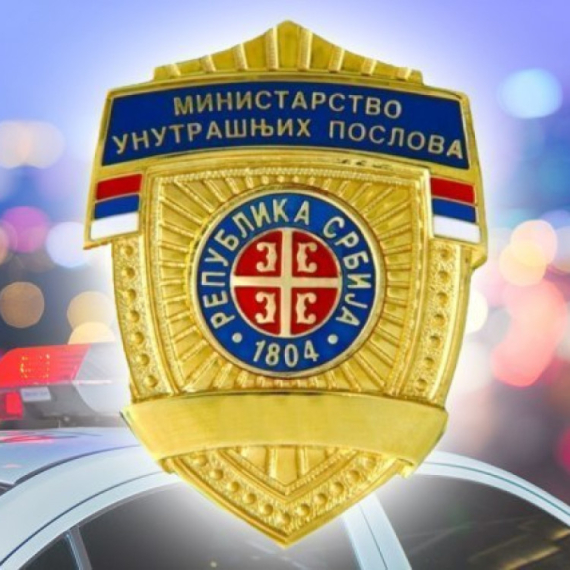





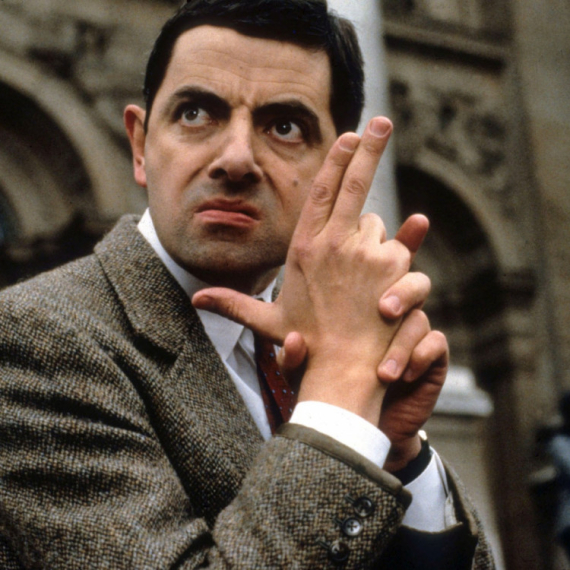
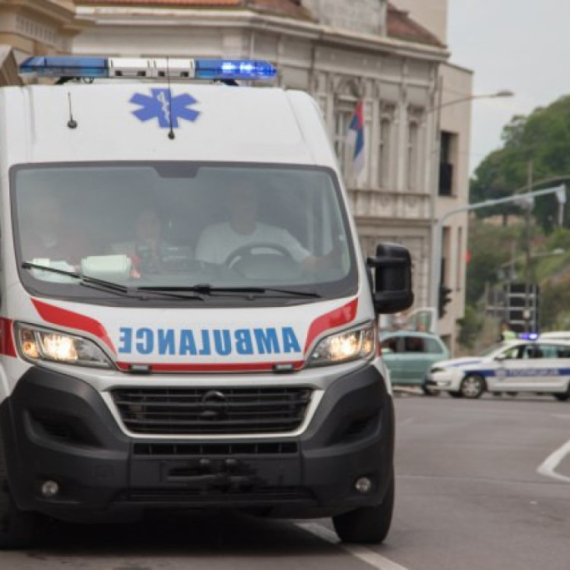
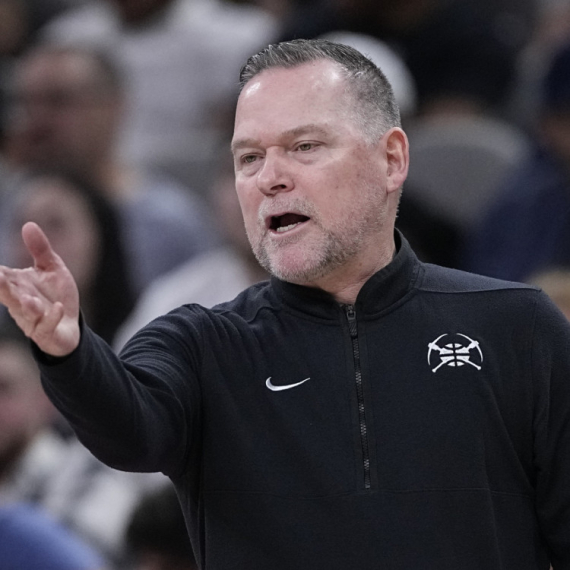
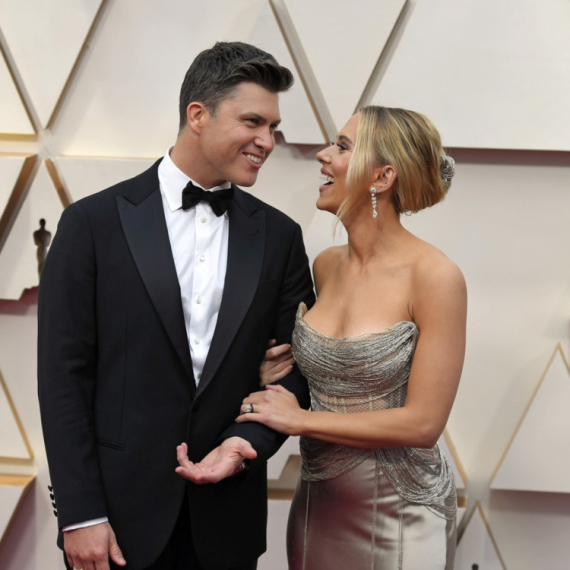






















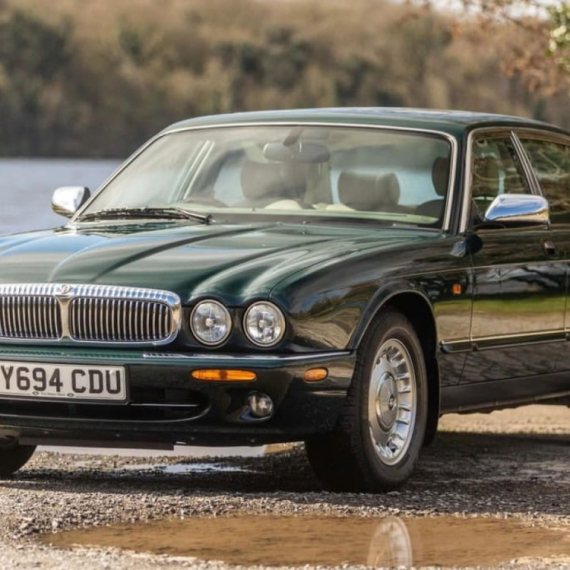


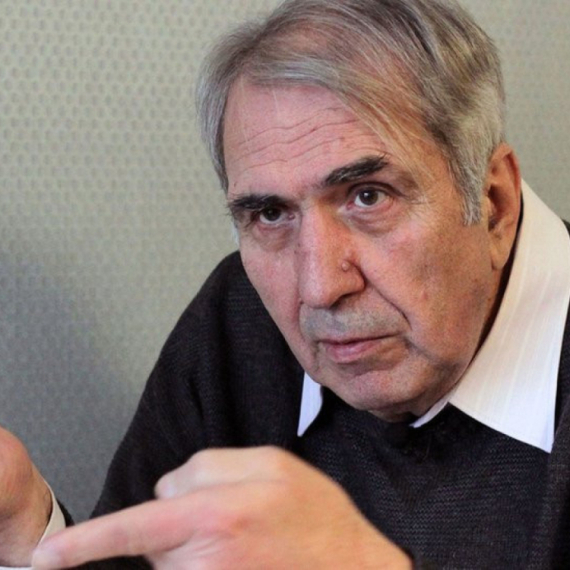
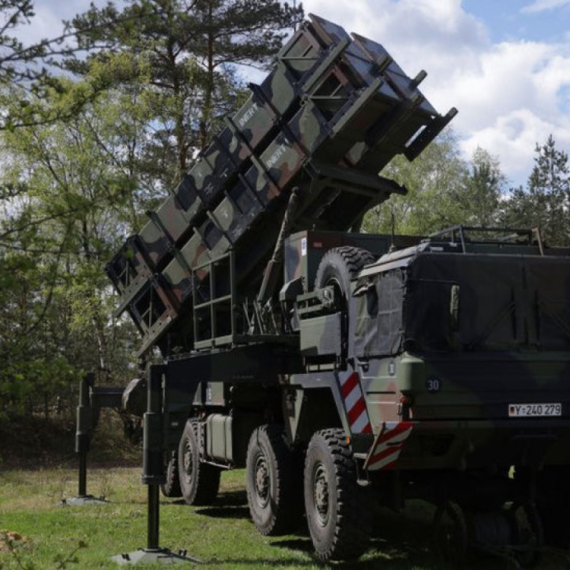
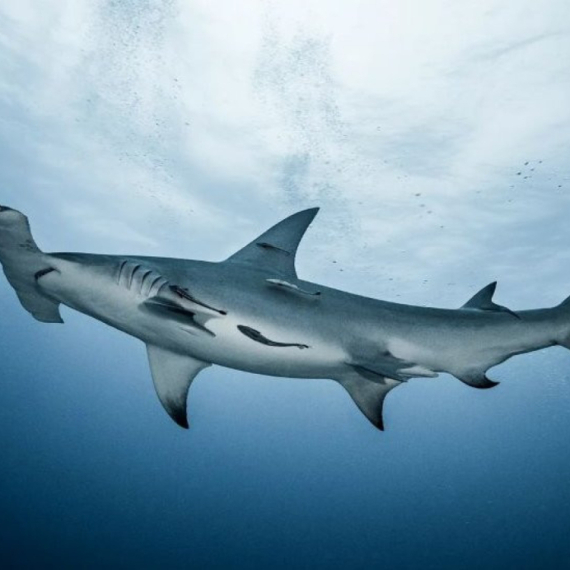
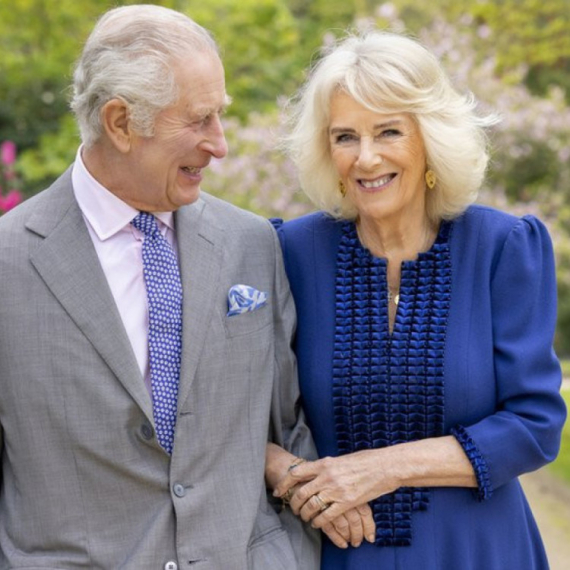
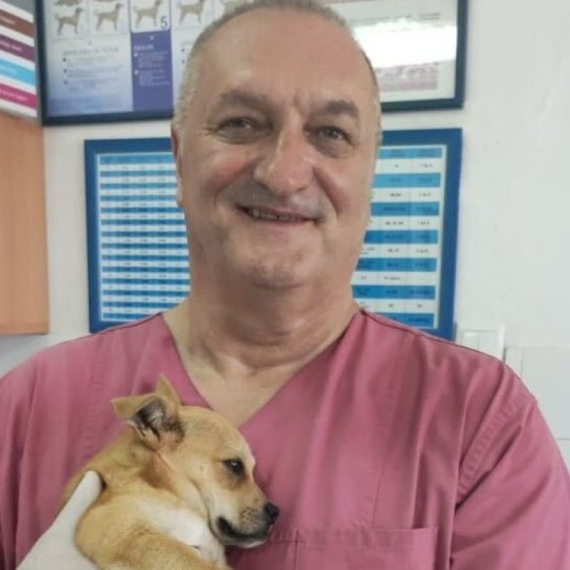

Komentari 21
Pogledaj komentare